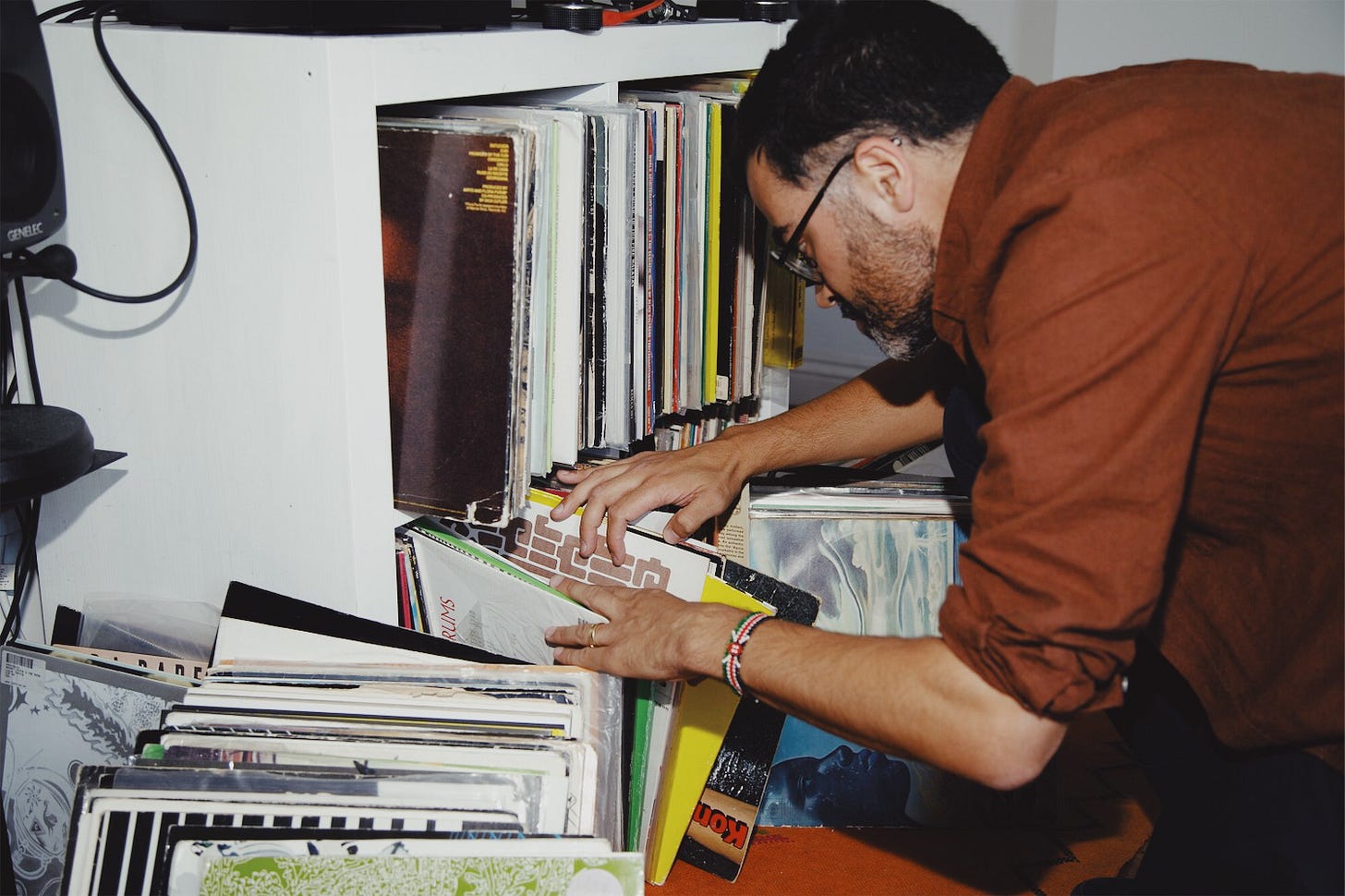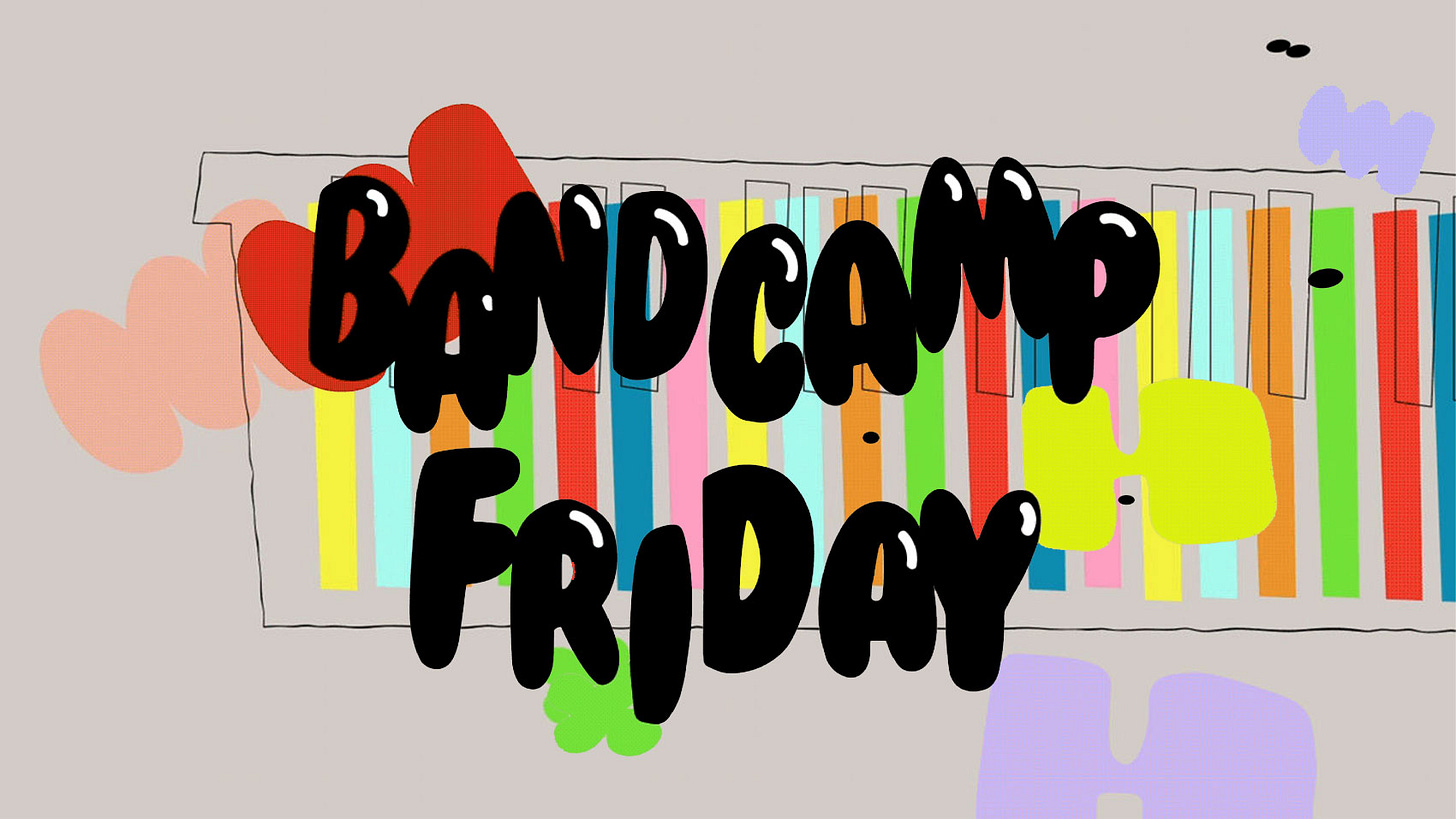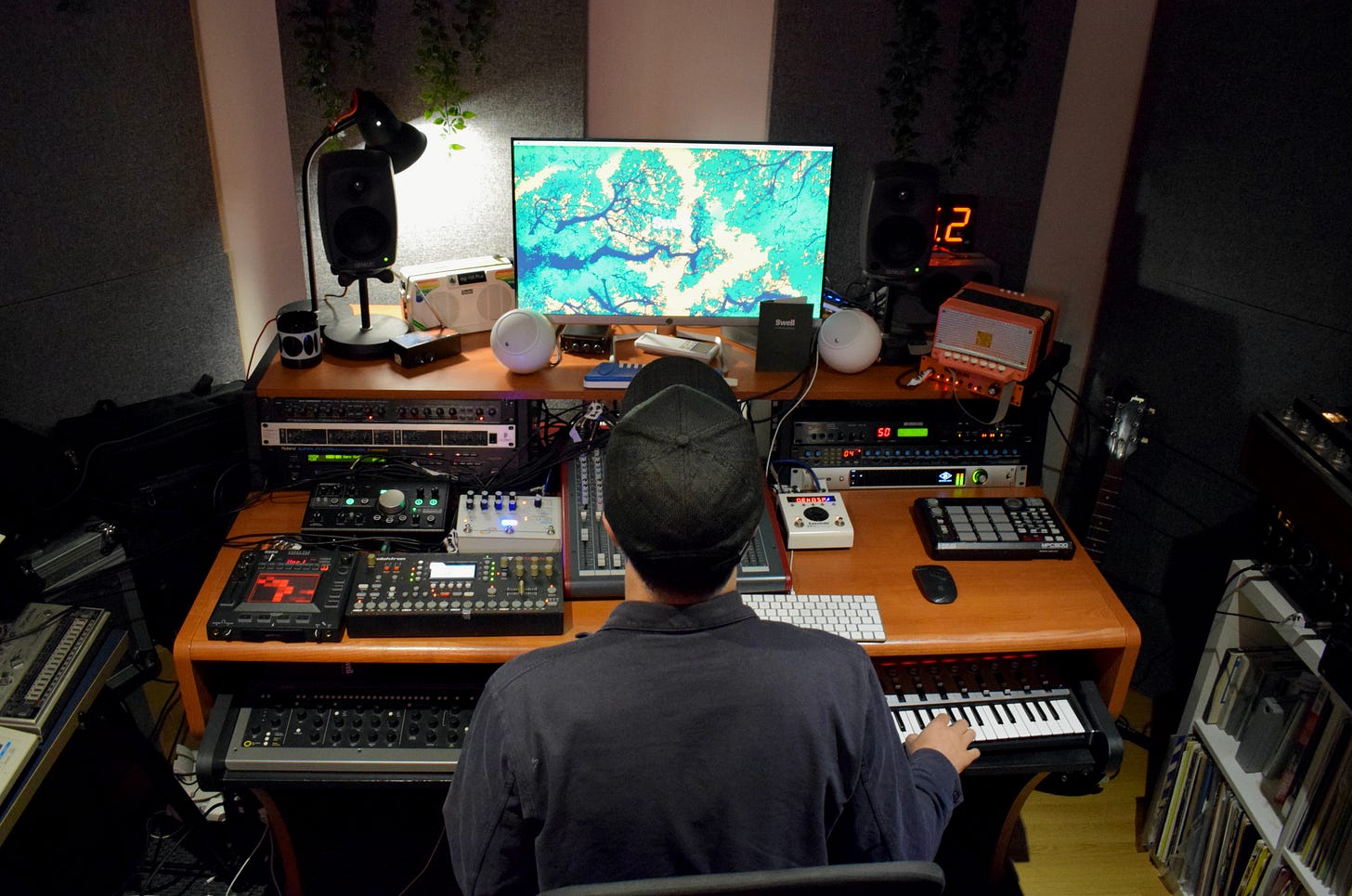Releasing Music in 2024
Welcome to A State Of Flo: a new record label and exploration into the biological and ecological basis for music. The below is a little background on what has lead me to this point...
Firstly, some reflections:
I’m writing as an artist 10 years into a music career that has taken me to every corner of the earth, afforded me a gateway into the biggest festivals, most revered clubs and with audiences around the world. I’ve collaborated with award-winning artists, remixed celebrated bands and won awards myself. I’ve - somewhat bemusingly - been asked to sign autographs, been stopped on the street and played to audiences of over 10,000. My Spotify plays have racked up millions of streams and I have thousands of followers across social media.
Since Covid, my career took a different turn. I’d already been at the point of burnout just prior, so the initial lock downs came as a bit of a relief. I had just become a father and realised that heavy touring and parenting was not going to be possible, especially when my wife has a demanding double career as a doctor and cancer researcher. I then lost my father and uncle in a short sequence of tragic events that were unrelated but totally consequential. In the past few years, I found myself parting ways with my agent, management and record label and four years on, at the beginning of 2024, I am at a cross-roads of sorts: filled with brilliant memories and reflecting back on my career.
If it were to all end today, I’m 100% convinced I’d be entirely satisfied, and be able to look back at a 10 year stretch of my life where I managed to break through and connect with audiences around the world with my art.
However, as we roll into 2024, I’m sat with at least five albums worth of material and a renewed desire to share them with the world. The big question I have is:
How do you actually release music in 2024?
Here’s the problem: The traditional definition of what a ‘release’ is has morphed and evolved over the past 10 years since I started. Back then, physical formats such as vinyl were the ultimate release proof point, and although vinyl, tapes and even CDs have enjoyed a renaissance of sorts, they realistically only appeal to a niche audience and that has unfortunately dwindled since the pandemic (don’t believe the reports around the vinyl renaissance - they mainly refer to major label re-issues or super fan merchandise). The cost to the environment of pressing vinyl and posting around the world is also a real concern, ethically.
Streaming is obviously the way in which the majority want to hear music. Spotify successfully saved the music industry from piracy, but that was over ten years ago and their model continues to favour the mainstream major label artists to the detriment of smaller independent players. It pays out a fraction of what it could, lining its shareholders pockets in the process. And the kicker is it is now moving towards a model that doesn’t pay at all unless you hit certain streaming targets.
In my opinion, streaming grossly distorts the value of music as art, and instead treats it as a utility: a song is reduced to its ‘playlist suitability’ credentials; how well it ‘fits’. It strips the artist of agency and removes the crucial context behind the art. Furthermore, soon streaming platforms will be filled with so much AI generated music, you won’t be able to tell the difference.
At best, Spotify can be a great shop window for new artist discovery but in an increasingly crowded ‘marketplace’ where 100,000 new ‘units’ are uploaded every day, it undermines the love, time and nuance every artist dedicates to their craft and forces them into a model of ‘continuous engagement’ - churning out releases for the sake of ‘visibility’.
Bandcamp provided a shining light for a brief period, with their ‘Bandcamp Fridays’ in particular showing the global demand from consumers happy to pay and support artists in the independent music sphere. However, it seems now to be a victim of its success and, following two acquisitions, their editorial team has been decimated: the well-intended original model is under threat and it remains to be seen what happens to it next. As a platform itself it functioned as a traditional marketplace for physical content and digital downloads - is that the model of the future?
Social media from the MySpace era to current Tiktok offers great potential for the promotion of new music. However, MySpace obviously no longer exists, and its closest replacement, Soundcloud, has had its own issues with funding, licensing and misdirection. We are left with a variety of non-music focussed platforms that, for brief periods, seemed to offer decent opportunities to promote music. However, Twitter/X has increasingly become a shouting match, mired in culture war politics. Instagram promotes our worst narcissistic leanings by prioritising what you look like, reducing music to a pretty face; TikTok condenses music down to 20 second sound bites accompanying funny videos; Facebook has become a graveyard for early adopters, awash with algorithm-picked advertorials.
Innovative models have come and gone, and it remains to be seen if any will return and stick. Web-3, NTF’s, digital wallet exchanges etc have all been part of the hype of ‘what comes next’ but none so far have really captured the imagination and they are often mired in cyberpunk futurism ideology that alienates a huge array of would-be adopters. AI music presents an opportunity and a threat. Artists utilising it well may be able to reach new creative peaks but the worry is it’ll be able to churn out never-ending releases that fulfil the functional needs of listeners and are merely ‘good enough’, crowding out ‘real music’ made by ‘real musicians’.
I could go on… but, as I sit here with a lot of music to release to the world, I’ve sat and pondered the above.
Why release anything after all?
A simple solution would not be to release it at all - after all, it has served its main purpose creatively for me: I have loved being in the studio creating this music and it could easily remain private to my close friends and I. One thing I realised is that no matter what success metric you want to use on the release of that music; it can never give me more of a high than the moment when the idea came into being - when I reached that state of flo(w), time stopped and everything reduced down to a beautiful sonic high in the studio.
Perhaps I don’t need the stress of a release plan - after all it’s just all marketing: it’s by definition ‘attention grabbing’ to release the music itself. Perhaps music should just exist in the ether - why do we have the right/need to monetise it? I’ve always supported my career doing other things to bring in money, so perhaps the art I make should remain sacred and private?
A State Of Flo on Substack? Hear me out...
Despite all this, my conclusion is firmly that I do want to release this music. I want to share it with like minded souls, I want to connect and hopeful that some of it will become meaningful to others. This is why I’ve created www.astateofflo.com a new record label, releasing music on traditional formats and streaming platforms where appropriate, but also exploring new ways to do this via new technology (more on this coming later this year).
The music released will centre around the ‘ecological’ and ‘biological’ basis for songs - we’ll explore biosonification, mycelium networks, acoustic ecologies, sonic worlds, psychedelics, environmental sounds and dance rituals.
Everything will be communicated via newsletters housed on Substack and direct to your email inbox. Think of these as extended liner notes, with free music, mixes, podcasts, videos and interviews. I’m hopeful that repurposing a platform designed mostly for written content will lend itself well to ‘releasing’ music, allowing the all-to-important context to be delivered. It will allow a community to form that, if passionate enough, can contribute to ensuring the value of this endeavour is compensated in a fair and meaningful way. It means we can connect via simple email on a regular basis, but also interact as part of the vast Substack community, which is well worth exploring.
If someone’s listening experiences amount to even a fraction of the enjoyment I had making this music - if it makes them think or feel something, then it has been the right choice. I am not releasing this music to make money - I am happy to be transparent with how the financials work and perhaps I’ll do a post about this at some point. I’ll also use it to give back to the environment, partnering with Earth Percent to donate 10% of all revenue to environmental causes.
Music is community at its core and will remain that way for eternity. The key challenge for humans is to connect positively in a digitised world that we are all still trying to figure out.








Greetings! I'm a fellow advocate of releasing music in this way. Looking forward to the State of Flow!
Hi Brian, it's so good to reconnect with you on Substack. I'm not sure if you remember me. My friend Akiko and I used to attend your gigs in London. We now live in Berlin, and unfortunately, I missed your last shows here. Your post is timely because I've been encouraging my best friend, also a producer, to join Substack. It's not just a writing platform anymore but also a great way to share our artwork and the creative process. I'm excited to read more about your journey.